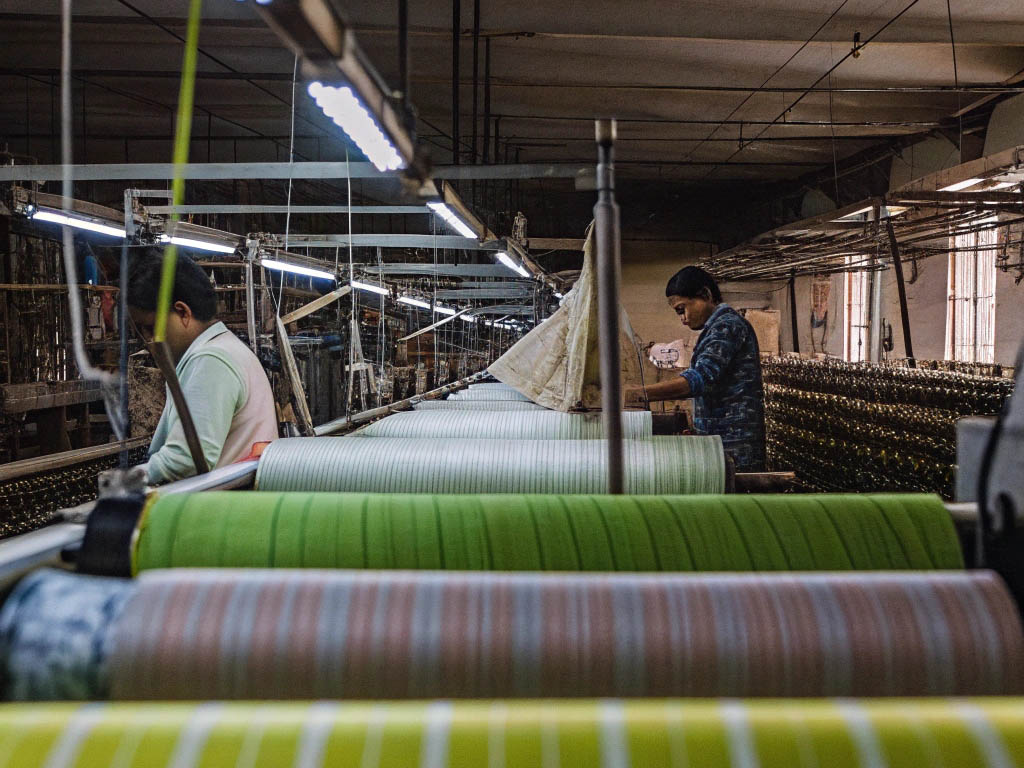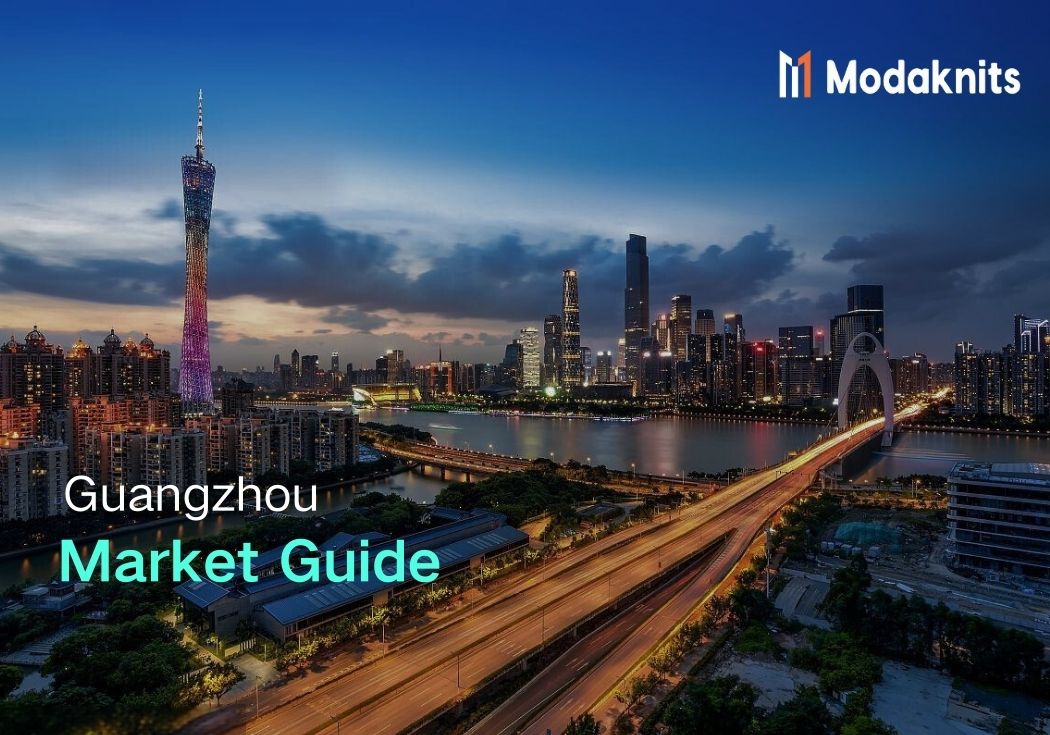Pakistan is one of the largest textile producers in the world, yet many people are unaware of its role in the global clothing industry.
Yes, Pakistan is a major producer of clothing, exporting textiles and garments to global markets. The country has a well-established textile industry, benefiting from a strong raw material base, skilled labor, and competitive prices.
Pakistan’s textile industry1 plays a crucial role in its economy. But what makes it a strong player in the global clothing market? Let’s explore.

Why is Pakistan a key player in clothing manufacturing?
Pakistan’s textile industry contributes significantly to its GDP and exports. It is also one of the largest employers in the country.
Pakistan is a key clothing manufacturer due to its abundant cotton production, competitive labor costs, and strong government support. The country is known for high-quality fabrics, activewear, and sustainable textile production2.
Key factors behind Pakistan’s success
1. Strong raw material base
Pakistan is among the top cotton producers globally. A steady local supply reduces dependency on imports and lowers costs.
| Factor | Impact on Textile Industry |
|---|---|
| Cotton production | Ensures a steady raw material supply |
| Low-cost labor | Reduces production expenses |
| Government policies | Incentives boost exports and investments |
2. Competitive pricing
Labor costs in Pakistan are lower than in many Western countries, making it a cost-effective option for clothing brands.
3. Advanced manufacturing capabilities
Pakistan has modern textile mills and factories, allowing high-quality production. It specializes in denim, knitwear, and activewear.
What types of clothes does Pakistan produce?
Pakistan manufactures a wide range of clothing, from basic garments to high-end fashion.
The country specializes in cotton apparel, denim, activewear, and home textiles. Many international brands source t-shirts, hoodies, yoga wear, and jeans from Pakistan.
Major clothing categories produced in Pakistan
1. Cotton garments
Due to its strong cotton industry, Pakistan produces high-quality t-shirts, polo shirts, and casual wear.
2. Denim
Pakistan is a leading supplier of denim fabric and jeans for global brands. The country’s expertise in denim washing and finishing is well-known.
3. Activewear
Yoga pants, leggings, and sportswear are commonly made in Pakistan for international markets.
4. Home textiles
Apart from apparel, Pakistan is a major exporter of bed sheets, towels, and home textiles.

Which global brands source clothing from Pakistan?
Many well-known fashion and sportswear brands work with Pakistani manufacturers.
Brands like Adidas, H&M, Levi’s, and Nike source textiles and clothing from Pakistan due to its competitive pricing3 and quality.
Why do global brands prefer Pakistan?
1. Cost efficiency
Competitive pricing makes Pakistan an attractive sourcing destination.
2. High-quality fabric production
Pakistan’s textile mills are known for producing durable and high-quality fabrics.
3. Flexible manufacturing
Manufacturers can handle both small and large orders, meeting diverse brand requirements.
Is Pakistan’s clothing industry sustainable?
Sustainability is becoming a major focus for Pakistan’s textile industry.
Pakistan is investing in eco-friendly production, using organic cotton, water-efficient dyeing processes, and solar energy in textile factories.
Sustainable initiatives in Pakistan’s textile sector
| Initiative | Impact on Sustainability |
|---|---|
| Organic cotton farming | Reduces pesticide use |
| Water-saving dyeing | Lowers water waste |
| Solar-powered factories | Cuts carbon emissions |
Pakistan is also adopting ethical labor practices to improve working conditions in the industry.
How does Pakistan compare to other textile-producing countries?
Pakistan competes with major textile producers like China, India, and Bangladesh.
While China dominates in production scale, Pakistan offers better pricing than India and higher quality than Bangladesh in certain categories.

Strengths and challenges of Pakistan’s textile industry
Strengths
- High-quality cotton production
- Competitive labor costs
- Strong government export policies
Challenges
- Energy shortages affecting production
- Need for further technological advancements
Conclusion
Pakistan is a key player in the global clothing industry, offering high-quality textiles, competitive pricing, and sustainable production practices. With strong government support and increasing investments in eco-friendly manufacturing, it continues to be a preferred sourcing destination for global brands.
-
Explore the vital role of Pakistan’s textile industry in the global market and its economic impact. ↩
-
Learn about Pakistan’s initiatives in eco-friendly textile production and its commitment to sustainability. ↩
-
Discover why competitive pricing makes Pakistan an attractive option for global clothing brands. ↩













